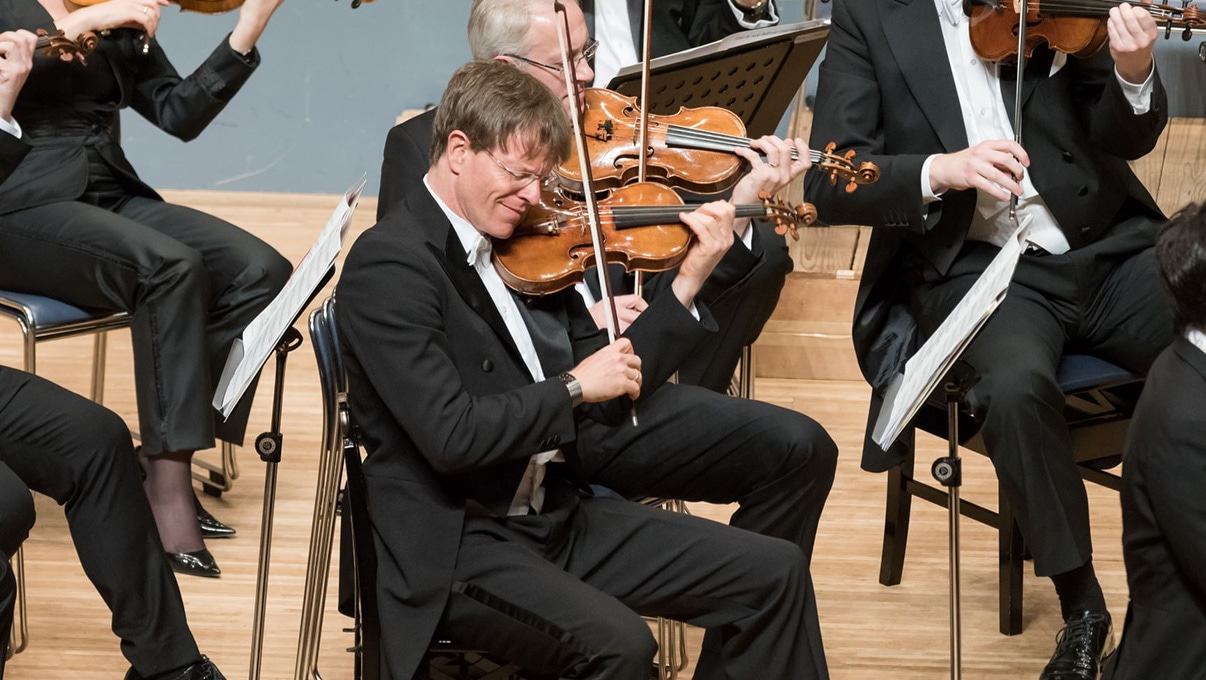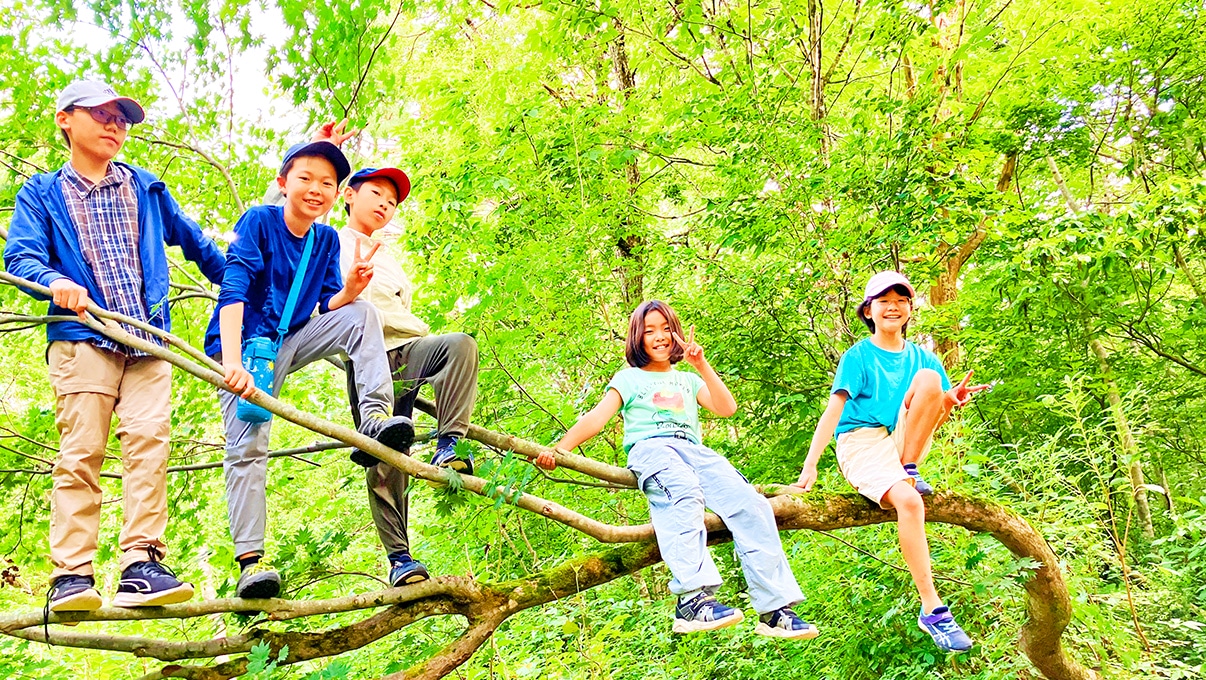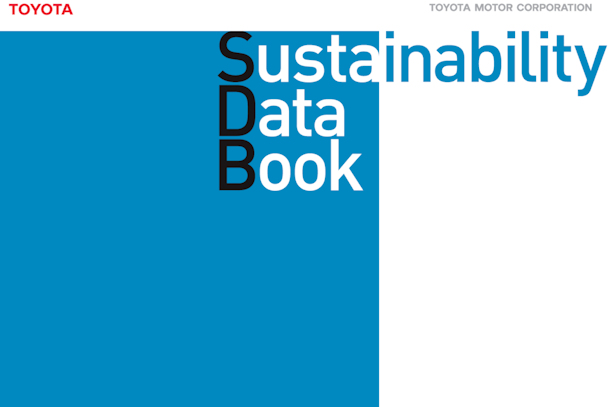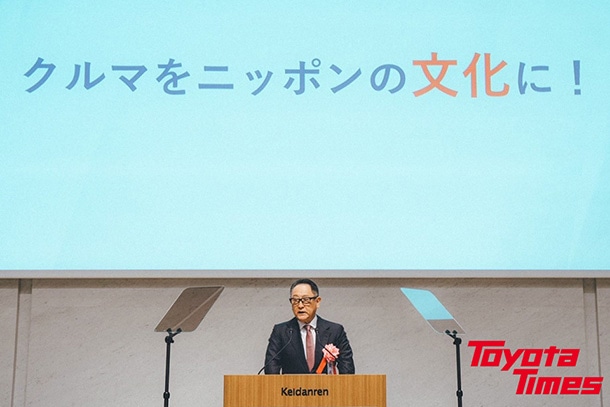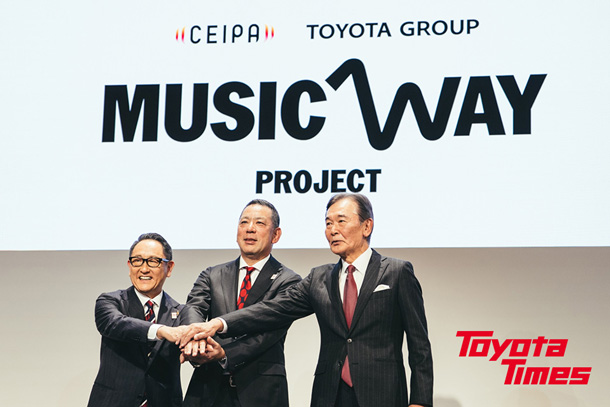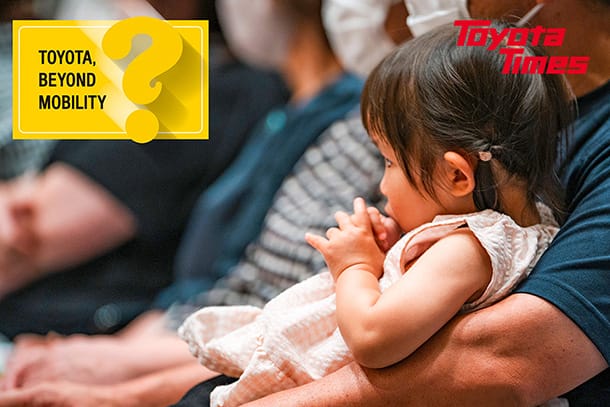Social Contribution
Toyota wants everyone―even those who don't drive―to feel connected to us. We hope more people will discover a broader side of Toyota and think, "Toyota is more than I imagined." With that vision in mind, we at Toyota are actively involved in social contribution efforts across the globe.
Guided by our mission to "Produce Happiness for All" and build "a society where no one is left behind," we believe this can be realized not only through making ever-better cars, but also through initiatives that extend beyond mobility.
We especially aim to provide the next generation―who may feel less engaged with cars―formative experiences that inspire dreams, ambition, and hope. Experiences that help shape a brighter, more promising future.
Through our work in culture and the arts, traffic safety, the natural environment, and disaster relief, we strive to be the "best in town"―a trusted and valued presence in every community. We welcome everyone to learn more about the initiatives we're pursuing and the values that guide us forward.
Aim
- Contribute to achieving the SDGs by working together with stakeholders to achieve our mission of Producing Happiness for All.
Initiative
- Work on issues in each area with a sense of ownership and a genchi genbutsu (going to the source to get the facts) approach. Actively working together with partners to resolve an ever-wider range of issues faced by society.
-
-

- Disaster Relief*
- - Support for disaster-affected areas
- Mobility support
- Support for individuals temporarily sheltering in their vehicles
-
| * | Japanese only |
|---|
Related Information
-
-
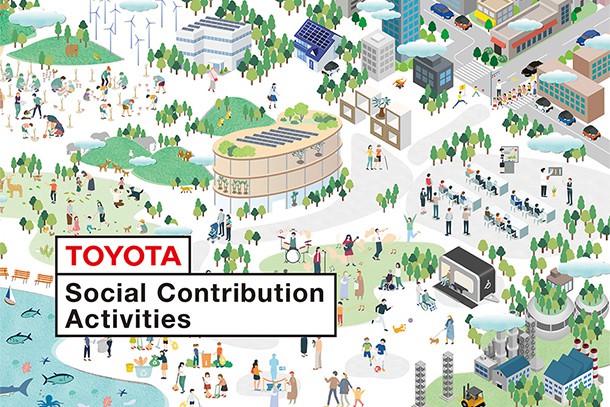
- Toyota's Social Contribution Activities
- This PDF introduces case studies of social contribution activities carried out by Toyota and other Japanese and overseas affiliates.
For printing
-
